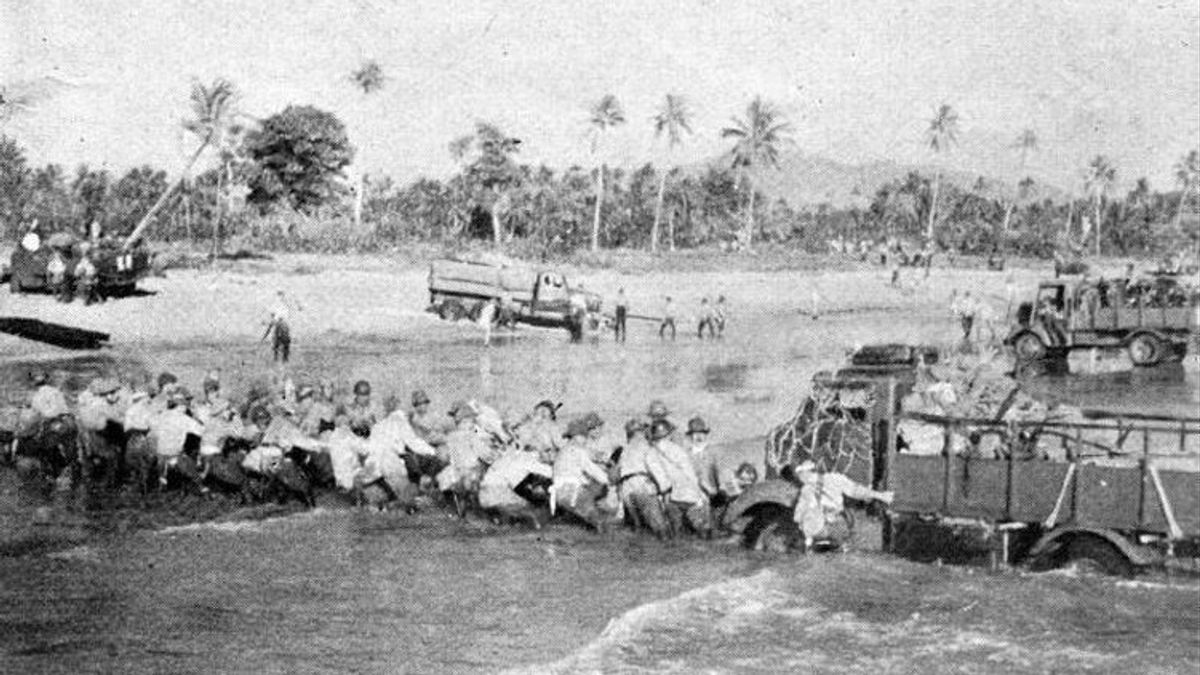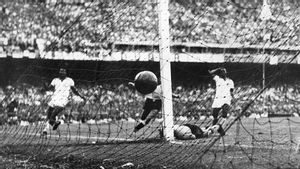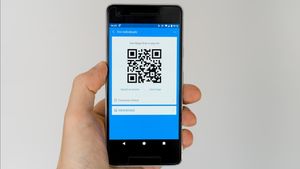JAKARTA - The Dutch East Indies Colonial Government once underestimated Japan's strength in the Pacific War. The power-owner thinks Japan will not be able to seize the archipelago. However, Japan tried to silence colonial power. Once in a while Asian countries began to be controlled.
The Dutch also panicked and didn't play. They began to see a big gap in defeat. The strategy was played. They withdrew all of his gold reserves at the Javasche Bank. The gold reserves were then brought to various countries.
Japan's efforts to control the Dutch East Indies (now: Indonesia) were not short. Japan had planned it long ago. They have deployed their intelligence forces disguised themselves and mingled with the natives since the 1930s. Many of them disguised themselves as traders.
The existence of disguise can also be seen from the massive growth of Japanese merchandise stores. The goods sold have affordable prices. This condition made them familiar with the natives.
The results were brilliant. Japanese intelligence became easy in gathering information related to Dutch power in the archipelago. Independence fighters such as MH Thamrin had warned the Japanese of the Dutch.
The owner of power does not consider the phenomenon of the emergence of Japanese traders as a threat or preparation for the military movement. Rice has become porridge. Japan's movement began to disrupt colonial forces in Asia from the 1930s.
Japan even dared to touch China. Even after that, one by one the countries in Southeast Asia began to be controlled. Japan began to expand power in Singapore. Japan also bombarded Singapore. Japan uses hundreds of warplanes by dropping bombs.
Not much different conditions were present in Malaya (now: Malaysia). The Japanese military easily controls the cities in Malaya. Even though that power must be paid dearly by the death of thousands of people. This condition brought Japan ahead and the goddess of fortuna to be on their side.
But for British soldiers, the Japanese army only covered its nose. The British line, especially the Britishmen, who should be at the forefront of defending Malaya, part of the British Empire, only thinks about his own safety. Some say that the soldiers and their minds, Britain have no interest in defending Britain's imperialism.
"This word is right a lot. But if they want to eat a big salary, that is from the sweat of the people in Asia, but in danger of handing over the people the slightest resistance zone to soldiers like the Japanese army, this is against all grounds and morals," said Tan Malaka in the book From Prison to Prison (2017).
The smell of defeat of countries in Southeast Asia made the Dutch panic, not playing. The inundation of those who underestimated Japan was no longer present. The Dutch colonizers saw the smell of defeat as possible to be present in the archipelago.
The Dutch are also preparing to position themselves as the losing parties. This position made the Dutch try to move to minimize losses. The strategy of moving all gold reserves was carried out. The Dutch withdrew all of their gold reserves at the Javasche Bank.
It is planned that the gold reserves will be sent to various countries. The United States, Australia, and South Africa. The Netherlands itself has tried to make efforts to move gold in 1940 through Cilacap Port.
SEE ALSO:
The colonial government has also succeeded in sending 125 tons of gold reserves whose value reaches 250 million guilders to the US. At its peak when Japan became increasingly violent in early 1942, the Netherlands again secured the remaining 60 tons of gold reserves worth 130 million guilders.
"After moving the gold reserves, the Dutch government asked banks to keep their employees limited and continue banking activities to avoid the sudden paralysis of economic activity," explained Guruh Suryani Rokhimah and friends in the book Oejan Mas on Earth Sriwijaya (2020).
The transfer made the colonial government of the Dutch East Indies calm. This is because gold that has the potential to fall into the hands of the enemy when the Dutch fail to hold the Dutch East Indies will not happen. Japan only really controlled Indonesia on March 8, 1942.
The fall made all Dutch assets taken over by Japan. This condition still made the Netherlands lose a lot. All kinds of Dutch deposits left in Javasche Bank were immediately controlled by Japan.
In March 1942 most of the shares and bonds held by the Javansche Bank were immediately controlled. Even though Japan realizes the fact that confiscated shares and bonds are impossible to sell abroad. However, Japan is not always the end. Japan can have 84 million guilders of banknotes and 16 million guilders in silver coins. Everything is taken from the box deposit, "said Peter Post and his friends in the book The Encyclopedia of Indonesia in the Pacific War (2010).
The English, Chinese, Japanese, Arabic, and French versions are automatically generated by the AI. So there may still be inaccuracies in translating, please always see Indonesian as our main language. (system supported by DigitalSiber.id)















